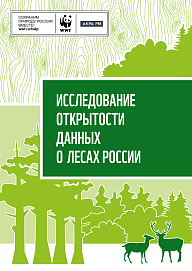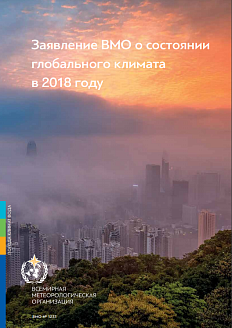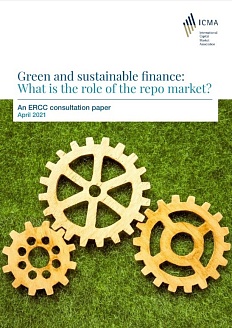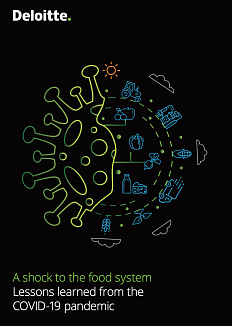The study by World Wildlife Fund deals with the availability and completeness of data about forests in the regions of Russia. The openness of such data is seen as an important tool for informing the society about the state of the forests and the activities of the forest management authorities. The study aims to increase the level of openness of the forest data and involve the public in forest management.
The Roscongress Foundation presents the salient points of the publication accompanied by fragments of broadcasts of relevant panel discussions from the business programme of international events held by the Roscongress Foundation.
The quantity of forest data should turn into quality.
One of the aims of the study is to draw the attention of the federal and regional authorities, as well as the general public to the need for public access to open, high-quality, and up-to-date information about forests. The last similar study was conducted ten years ago. Since then, both the regulatory framework and the actual situation have changed, which calls for a new audit of data on Russias forest resources. Obviously, openness of forest data mustnt depend on the specifics of regional norms and regulations as forests are living organisms which function in an environment without administrative borders. Also, wider availability of data will help improve forest management, which will have a positive effect on many aspects of human life.
The results of the study reveal a wide variation between Russias regions in the availability of forest data.
There is a wide spread of results across regions (see the picture below). As few as ten regions received less than 2 points, which means the maximum quality of the information content of their websites. The first places were taken by Primorsky, Khabarovsk and Arkhangelsk Regions, and the Republic of Kalmykia. According to the experts, the quality of the information content of the sites in these regions can be assessed as very high.
In recent years, the amount of forest data available to the public has greatly increased. However, even today, a significant part of the information that by law should be publicly available remains closed to the public or is presented in a form that makes it difficult to find and process.
Two thirds of Russias regions scored between 2 and 3.95, which means high or medium levels of data openness.
The Republic of Khakassia, the Karachay-Cherkess Republic, Tambov Region, and the Republic of Adygea are at the end of the list, as they do not even post most of the information required by law and collected by local authorities on mandatory basis.
The variation in the results signifies that it is necessary to raise the quality of the data provided by regions and bring it into line with the existing standards. The fact that 41 regions reached «very high» or «high» results means that the standards are attainable. Other regions can adopt best practices of the leading regions to improve their performance.

WWFs recipe for raising the availability of information about forests in Russias regions combines more control with technologies.
WWF-Russia calls on the Federal Forestry Agency and the Ministry of Natural Resources of Russia to strengthen control over compliance with the requirements of the legislation by the regions and improve the regulatory framework of openness of forest data. Proposed methods include raising the quality of work of public authorities (through stricter control, publication of all reporting documents, etc) and introducing digital tools (API, digital inspection reports, etc).
Video: https://roscongress.org/sessions/eef-2021-les-rossii-na-raspute-chto-dalshe/search/#01:04:55.807
Gain more insights about natural resources management, sustainable development, human interaction with the environment, and environmental issues in the Environment, Sustainable Development, and Climate Change sections of the Roscongress Information and Analytical System.






